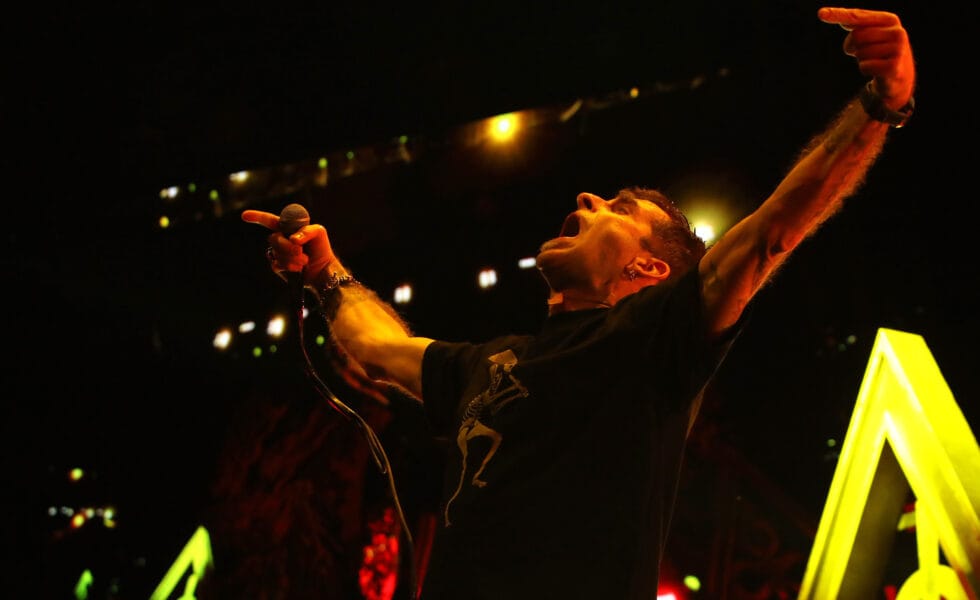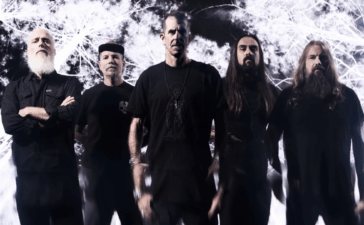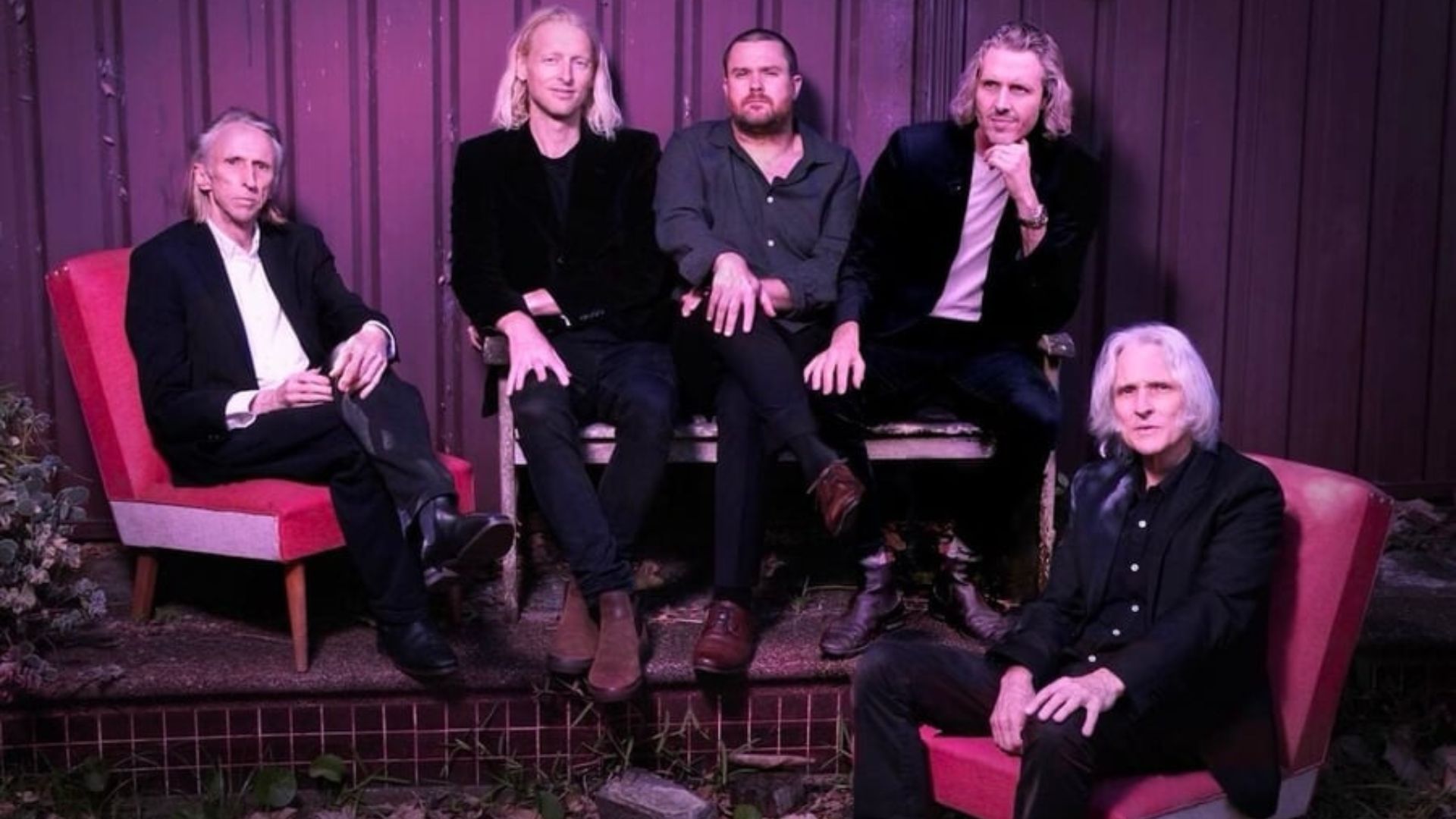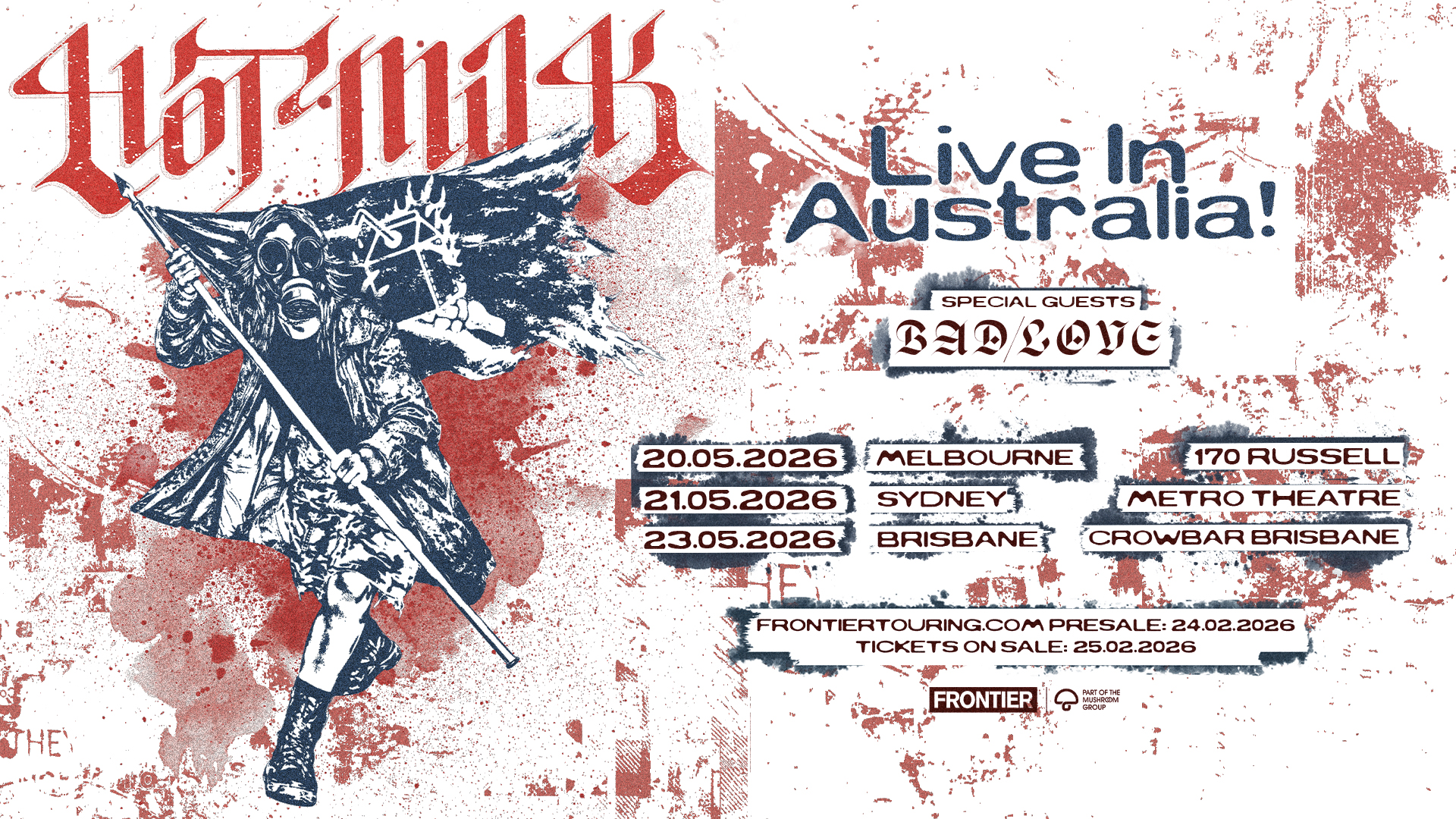Lamb of God’s Randy Blythe has never been one to shy away from raw truths. But in a recent appearance on The New Man podcast, the frontman took vulnerability to new heights.
He opened up about his battle with addiction, the myths surrounding substance abuse in music, and the brutal clarity of his first sober performance more than 14 years ago.
Blythe, now 14 years sober, dismantled the age-old rock’n’roll trope that creativity thrives on chaos. “It’s a lie, it’s definitely a lie that you need all that stuff to do what I do,” he said, reflecting on the cultural mythos that idolises self-destruction as a muse. For Blythe, like many, the allure was wrapped in the legacy of literary icons like Hemingway, Bukowski, and Hunter S. Thompson—men who romanticised recklessness but often died by its hand.
The turning point? A hotel balcony in Brisbane, Australia, while on tour with Metallica. “I looked out over this street and all this cool shit and I realised I didn’t want to do anything. I didn’t want to exist,” he recalled. Surrounded by signs of success—money in the bank, a loving partner, a slot alongside the biggest metal band in history—Blythe felt empty. The beer bottles meticulously lined up in his room became a metaphor: perfect on the outside, hollow within.
That night marked his last drink. The next day, he stepped on stage in front of 14,000 people, sobbing behind his long hair while screaming through Lamb of God’s aggressive setlist. “I was falling to pieces, weeping hysterically,” Blythe admitted. “But I made it through that show. And that was my first day sober.”
Sobriety hasn’t dulled Blythe’s edge; if anything, it’s actually sharpened it. He credits his clarity for allowing him to engage more deeply with his music, writing, and life. “Seeing people drink doesn’t bother me. The only thing that bothers me is when they’re hammered and in my face. But other than that, I don’t expect the rest of the world to behave like me.”
With his second book, Just Beyond The Light: Making Peace With The Wars Inside Our Head, dropping on February 18, Blythe continues to turn personal battles into powerful narratives. His journey isn’t about preaching sobriety but owning his story—warts, scars, and all.
You can listen for yourself below.










